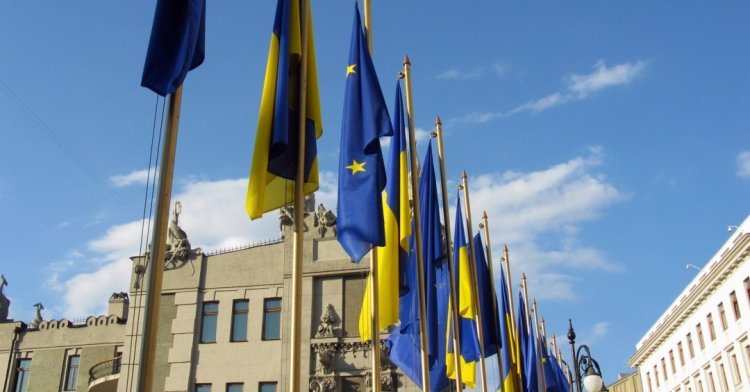Ukraine has become the main target in President Vladimir Putin’s aim to expand the Russian-led Customs Union, which already comprises a handful of nations including Belarus and Kazakhstan. With its vital pipelines running between Russia and Western Europe, Ukraine is currently holding the key to a majority of the energy supplies which Russian companies sell – Russian number one energy supplier Gazprom, for example, takes in two-thirds of its revenue through sales to the EU. Because of Ukraine’s strategic positioning as a bridge between the West and the East, binding Ukraine with trade ties has become a Kremlin priority.
Yet the Ukrainian government has remained cautious about recognizing the Kremlin’s advances. Although Russia’s neighbor – as with fellow ex-Soviet republics Armenia and Moldova – has agreed to observer status within the Customs Union, this is not a convincing step and looks unlikely to yield the full member status which Moscow is trying to push upon Ukraine.
Indeed, properly joining the Russian-led Customs Union seems to run contrary to Ukrainian foreign policies and aspirations. Principally, Ukrainian politicians have in recent years set their sights firmly on better ties with Brussels. Rejecting Moscow’s offers for full membership with the Customs Union on various occasions, and instead working on democratic reforms set by the EU, Ukraine’s president Viktor Yanukovych has proved to be a difficult man to persuade on the issue. Ukraine’s opposition leader Arseniy Yatsenyuk also recently met with the Commissioner for Enlargement and European Neighbourhood Policy, Štefan Füle – a sign that the often fragmented political scene in the country is finding common ground in a national aim to edge closer to the EU, and thus rejecting Russia.
Hoping to sign an association agreement with the EU in November this year, and possibly going on to create further ties in the West, Ukraine has been bringing in new legislative and judiciary measures and working on rapprochement with existing EU member states. Considering all of this is being done with an eye to becoming an appealing, democratic prospect for Western Europe, Russia’s goal of seducing Ukraine certainly seems like an uphill struggle.
Of course, it is true that Moscow’s ability to put pressure on Kiev should not be underestimated. The extortionate gas prices which Ukraine has to pay Russia for its energy sources have been planted at a crippling US$425 per 1,000 cubic meters of gas, while those which Belarus within the Customs Union pays, amounting to less than half the price (US$185 per 1,000 cubic meters of gas), must make the idea of joining the Customs Union a tempting prospect at times.
Nevertheless, this pressure has proved insufficient to turn Ukraine away from their trajectory towards participating in the Brussels alliance. Above all, it seems Ukraine is hoping to sustain its economic sovereignty, which it knows will not be possible within Russia’s Customs Union.
Is it still possible for the Kremlin to succeed in luring Ukraine into its union? It seems highly unlikely at this stage, excluding a major EU blunder of failing to encourage Ukraine’s ascension. Kiev is clearly set on achieving the association agreement with Europe, and the only chance of Brussels failing to benefit from this would be by not wanting to. Unfortunately for the Kremlin, this seems equally unlikely: while there has been some hesitation among EU members to add Ukraine to their numbers, since questions have been raised about its readiness democratically, there has nonetheless been a rising tide of encouragement from existing members.
European Commission President Jose Manuel Barroso and Polish president Bronislaw Komorowski are two of the EU players encouraging Ukraine into the EU’s arms. In July this year, Barroso stated, “Together with President Komorowski, I wish to see the objective of political association and economic integration with our Eastern partners being achieved.” He added, "The Ukrainian authorities reaffirmed their commitment to implementing the benchmarks, which could enable a possible signature of the association agreement”
For all Moscow has tried to get its hands on the prize of Ukraine, its efforts seem to be regularly coming up fruitless. By November, if the all-important association agreement has indeed been signed as expected, it will be clear that Russia’s exertions have failed. A waste of time? And energy, yes.

Follow the comments: |
|
